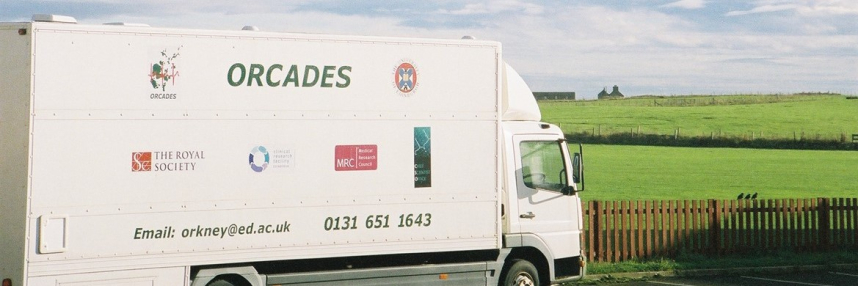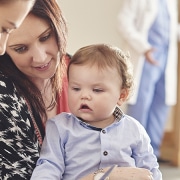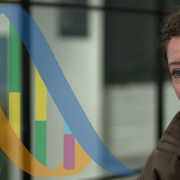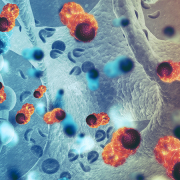Distinctive cancer-causing variant found in families from Orkney
Image credit: Jim Wilson
The origin of a distinctive BRCA1 gene variant has been found during the Orkney islands disease study, ‘Orcades’
A BRCA1 gene variant that increases the risk of breast and ovarian cancer originates from the Orkney islands, according to research published last month in the European Journal of Human Genetics. The discovery of this type of ancestral link is among the first of its kind in the UK, and could have health implications for people with grandparents from the Scottish islands.
What is a BRCA1 variant?
BRCA1 is a gene that significantly affects a person’s risk of developing some types of cancer. It encodes a protein that helps repair breaks in chromosomal DNA, thus protecting cells from accumulating pathogenic genetic variants that could lead to cancer. If a person has a variant in their BRCA1 gene then the resulting protein can be less effective or may not even work. As such, that person’s chances of developing cancer increase. There are many different points within the gene where pathogenic genetic variants can arise, and some variants raise the cancer risk more than others.
Pathogenic variants in the BRCA1 gene are associated with increased risk of breast cancer and ovarian cancer. According to the NHS, carrying a single faulty copy of the gene means that a woman has a 65%–79% chance of developing breast cancer and a 36%–53% chance of developing ovarian cancer in her lifetime.
“Developing cancer is not solely down to carrying the BRCA1 variant alone,” points out NHS North of Scotland genetic service’s director Professor Zosia Miedzybrodska. “There are many complex factors, and some people with gene alterations will not get cancer.”
- Learn more about cancer and genomic testing on our webpage
The Orkney BRCA1 variant
The NHS estimate that 1 in 300 to 400 of us in the UK have a BRCA gene variant; these estimates include both BRCA1 and BRCA2 carriers. In contrast, the number of carriers seen in individuals descended from Orkney is substantially higher. Researchers found that a specific BRCA1 variant (called V1736A) is present in 1-in-100 people who could trace their family history back to the Orkney archipelago.
The remote Orkney islands are located off the north coast of Scotland. Studying geographically isolated populations is useful for geneticists as it can present an opportunity to trace how gene variants are passed down through generations.
Professor Miedzybrodska has been running Orkney’s genetic clinic for over 20 years. During this time, she and her colleagues observed the same specific BRCA1 variant in multiple women with breast or ovarian cancer. To investigate further, Professor Miedzybrodska’s team partnered with researchers at the universities of Aberdeen and Edinburgh to examine genomic data from more than 2,000 volunteers with Orkney ancestry – meaning they have at least two Orcadian grandparents.
This emerged as the Orkney Complex Disease Study (Orcades), and is a part of the University of Edinburgh’s Viking Genes project. Although many of the Orcades participants were not closely related to the patients seen in Professor Miedzybrodska’s clinic, the team were able to trace all participants’ families back to the Isle of Westray – an island of Orkney – at least 250 years ago.
Viking Genes project lead Professor Jim Wilson explained: “It is imperative that Scottish island populations are represented in research, to allow equitable delivery of genomic medicine across the country.”
Support for those worried about the findings
“In the long run we want to make a test available to those with Westray grandparents who want to know if they have the gene variant,” said Professor Miedzybrodska.
NHS Grampian genetics clinic, where the NHS Orkney genetic service is based, is running a helpline for those who have grandparents from Orkney and have queries about this gene variant linked to breast and ovarian cancer. They also advise that GPs will not be able to assist with genetic testing, however those with questions should call the helpline number on 01224 553940, or send an email inquiry.









